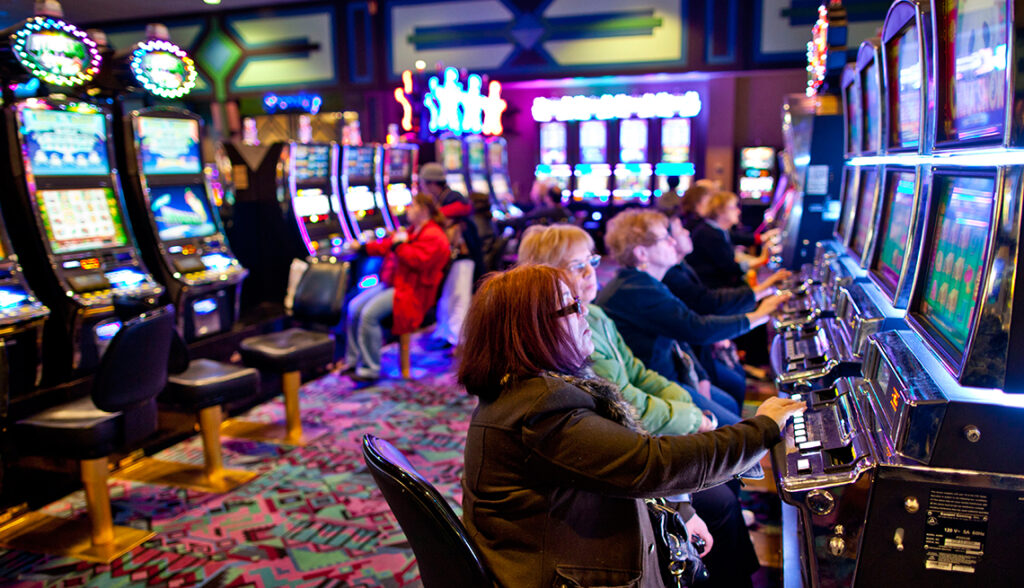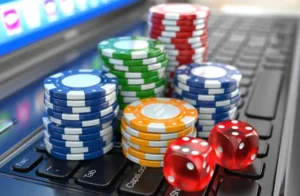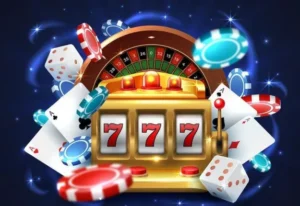
Stats Casino - Why Player Gamblres Rarely Win
Casinos are designed to make money, and they achieve this through a combination of mathematical advantage, psychological tactics, and game design. Understanding these factors can help players make more informed decisions when gambling.
1. The House Always Has an Edge
The house edge is the built-in advantage that ensures the casino makes a profit over time. It varies by game:
| Game | House Edge (%) |
|---|---|
| Slot Machines | 2% – 15% |
| Roulette (Single Zero) | 2.7% |
| Roulette (Double Zero) | 5.26% |
| Blackjack (Basic Strategy) | 0.5% – 2% |
| Baccarat (Banker Bet) | 1.06% |
| Craps (Pass Line Bet) | 1.41% |
Even in skill-based games like blackjack, casinos maintain their advantage by enforcing rules like blackjack payouts (6:5 instead of 3:2) and limiting card counting.
2. Slots: The Biggest Casino Money-Makers
Slot machines have one of the highest house edges in casinos. Unlike table games, they rely entirely on Random Number Generators (RNGs), making them unpredictable.
-
Return to Player (RTP): Most slots have RTPs between 85%-98%, meaning players lose an average of 2-15% of their wagers over time.
-
Volatility: High-volatility slots may have big wins, but they come less frequently, leading to extended losing streaks.
3. The Gambler’s Fallacy and Betting Myths
Many gamblers believe in misconceptions that lead to losses:
-
The Gambler’s Fallacy: Thinking that a losing streak means a win is “due” (e.g., if red hasn’t hit in roulette, it must come soon). Each spin is independent and not influenced by past outcomes.
-
Martingale System: Doubling your bet after a loss works in theory, but table limits and bankroll restrictions make it unsustainable.
-
Hot and Cold Machines: Slots have no memory; a “cold” machine is not more likely to hit a jackpot.
4. Psychological Tricks Used by Casinos
Casinos use various tactics to encourage longer play and more spending:
-
Bright lights and sounds: Reward centers in the brain are activated, even when losing.
-
No clocks or windows: Makes it easy to lose track of time.
-
Complicated payout structures: Encourages continued play by making it hard to track losses.
-
Near misses: Games make losing feel like you “almost won,” triggering continued play.
5. Why Do Some Gamblers Win?
While most players lose, a small percentage do win—but it’s usually due to:
-
Short-term luck (variance can favor players temporarily).
-
Advantage play (e.g., card counting in blackjack, exploiting promotions).
-
Progressive jackpot wins (rare but possible).
Conclusion: The Reality of Gambling
The casino always wins in the long run due to its mathematical advantage, but players can still enjoy gambling responsibly by understanding the odds, setting limits, and viewing it as entertainment rather than a way to make money.
Would you like tips on responsible gambling strategies or a deeper breakdown of specific casino games?





